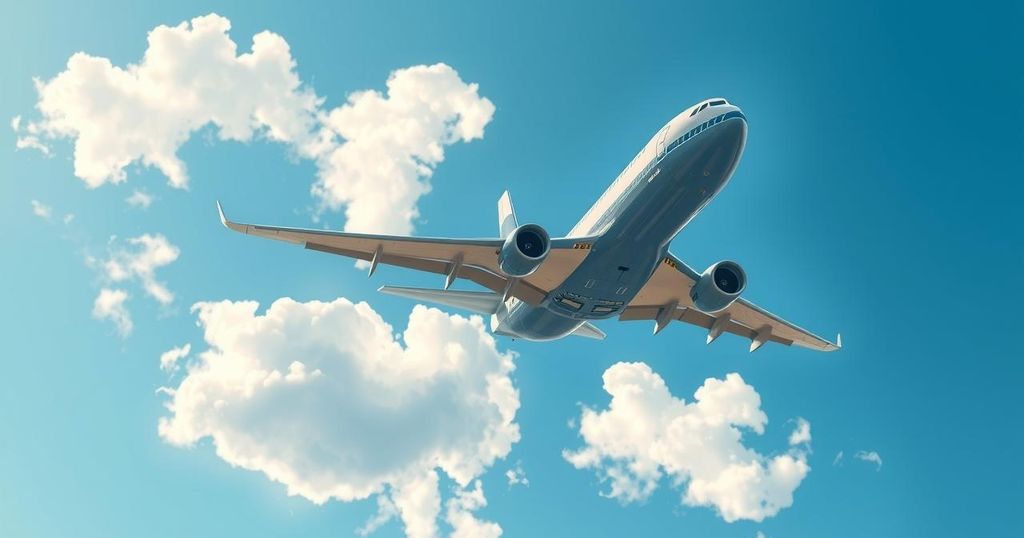Rodrigo Duterte, former President of the Philippines, was arrested and sent to The Hague to face crimes against humanity charges at the ICC. The arrest, initiated by Interpol upon an ICC warrant, has sparked debates over jurisdiction and governance. Families of victims express hope for justice as advocates welcome this historic accountability action.
Former Philippine President Rodrigo Duterte was arrested in Manila and transported to The Hague to face charges of crimes against humanity at the International Criminal Court (ICC). This decision follows an arrest warrant issued by the ICC, which accused Duterte of overseeing deadly anti-drug operations during his presidency. President Ferdinand Marcos confirmed the arrest as lawful, asserting the Philippines’ Interpol membership facilitated this action.
Upon arrival in Manila from Hong Kong, Duterte was taken into custody at the international airport, where he reportedly protested his detention. His daughter, Vice President Sara Duterte, criticized the Marcos administration for surrendering her father to a foreign court, contending that the ICC lacks jurisdiction over the Philippines. Duterte, visibly distressed, demanded an explanation for his arrest and expressed grievances regarding the treatment he received during the process.
Duterte’s violent anti-drug crackdown resulted in significant casualties, with estimates suggesting death tolls ranging from 6,000 to as high as 30,000. The ICC’s warrant underscored the systematic nature of the attacks against victims, emphasizing the necessity of Duterte’s arrest to ensure his appearance before the court and protect the integrity of ongoing investigations. The claims of widespread killings identified a series of actions that likely amounted to crimes against humanity between November 2011 and March 2019.
Duterte’s arrest has been a poignant moment for the families of victims involved in the anti-drug operations, with some expressing hope for justice and accountability. Advocates, including former senator Antonio Trillanes, heralded this action as a pivotal moment in addressing state impunity.
The ICC’s investigation into Duterte’s actions began during his tenure as mayor and continued through his presidency. Since Duterte’s withdrawal from the Rome Statute in 2019, the court faced jurisdictional challenges but ultimately received permission to resume its investigations in early 2023. Despite the shift in leadership, President Ferdinand Marcos has chosen not to rejoin the ICC but has indicated a willingness to collaborate with the court regarding investigations into Duterte’s actions.
In conclusion, the arrest of former President Rodrigo Duterte marks a significant episode in international law enforcement and accountability. The ICC’s pursuit of justice over his alleged crimes against humanity reflects a broader commitment to addressing systemic violence. As the situation unfolds, it presents an opportunity for the Philippines to confront its past and pursue accountability for those involved in human rights violations during Duterte’s administration, enhancing the quest for justice for victims and their families.
Original Source: baytobaynews.com






